20 Ways to Make Learning Fun Without Screens
Here are some fun, productive ways to enjoy learning away from screens.
- Sophia Zapanta
- 4 min read

Technology has become a big part of today’s generation. Their daily activities can be done with just one tap! While tech is incredibly helpful in many ways, learning is still more fun when done organically. Fortunately, there are 20 ways to still enjoy learning while away from screens.
1. Build Legos
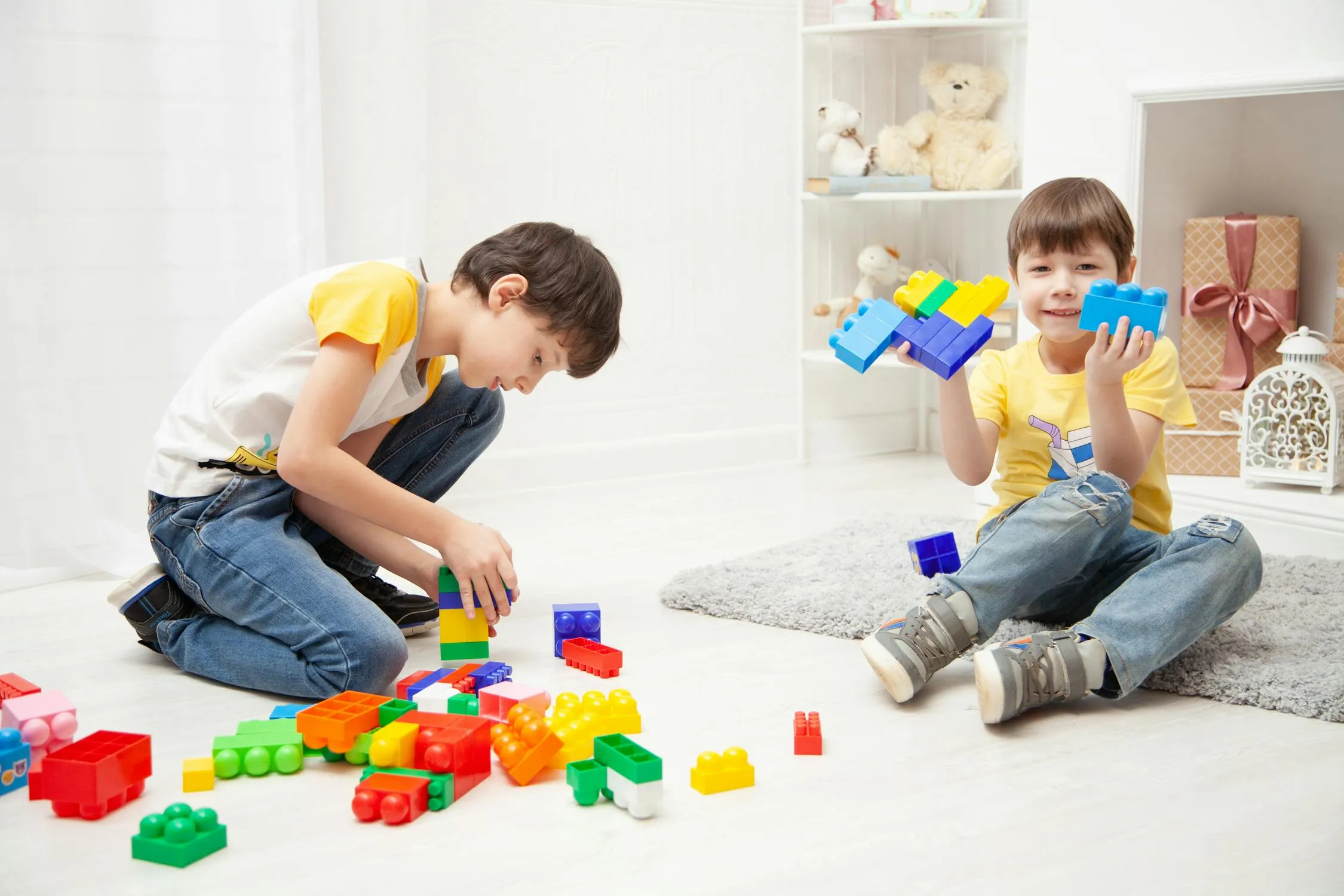 Vika Glitter on Pexels
Vika Glitter on Pexels
Building with Lego toys is a mental workout for little learners. Building different structures with bricks also improves your child’s memory and focus.
2. Build Houses with Playing Cards
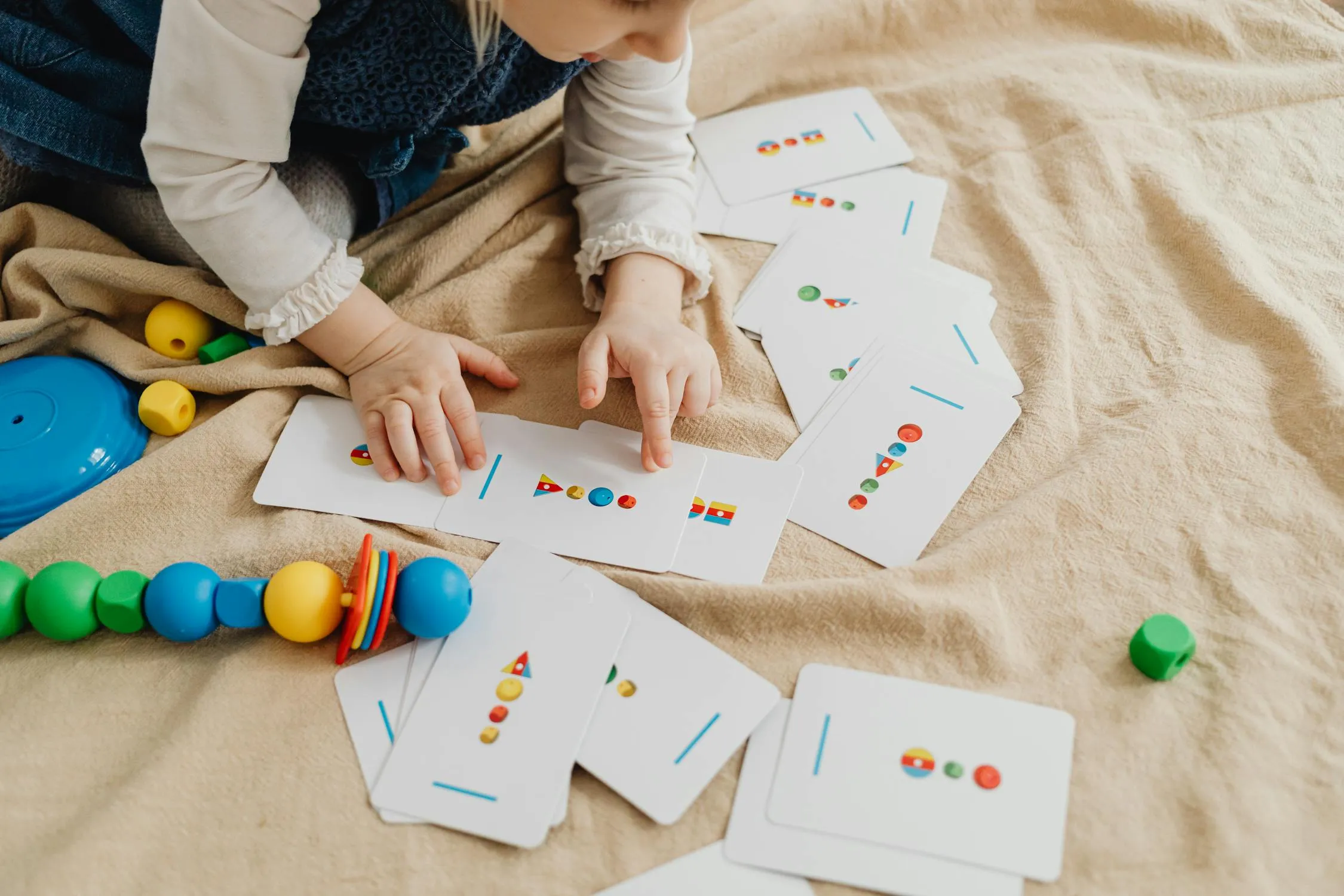 Kaboompics.com on Pexels
Kaboompics.com on Pexels
This has the same benefits as Lego, but the only difference is that it’s more challenging to build! All you need is a deck of cards, and you’re good to go. Just make sure to sprinkle a bit of balance, proper timing, and coordination.
3. Make a Sculpture
 Mikhail Nilov on Pexels
Mikhail Nilov on Pexels
This doesn’t have to be expensive. Let your child play with sand or give them a piece of styrofoam to make a sculpture. Any shape will do, but their favorite cartoon character is a winning suggestion!
4. Work on a Puzzle
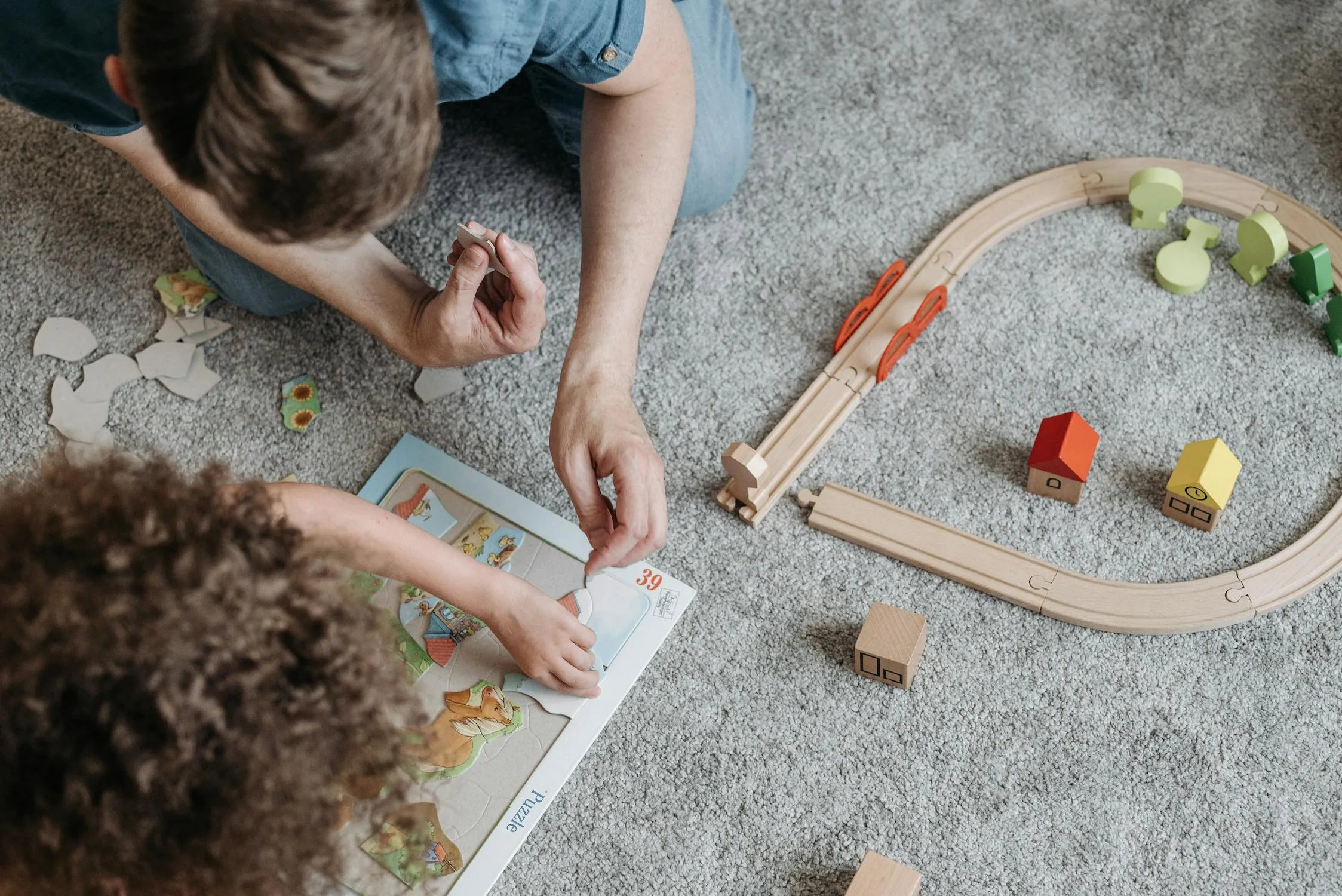 Pavel Danilyuk on Pexels
Pavel Danilyuk on Pexels
Puzzles can improve your child’s problem-solving skills and are a productive way to learn and pass the time. As they navigate each puzzle piece and figure out where they fit, children gain critical thinking and logical reasoning skills.
5. Go Gardening
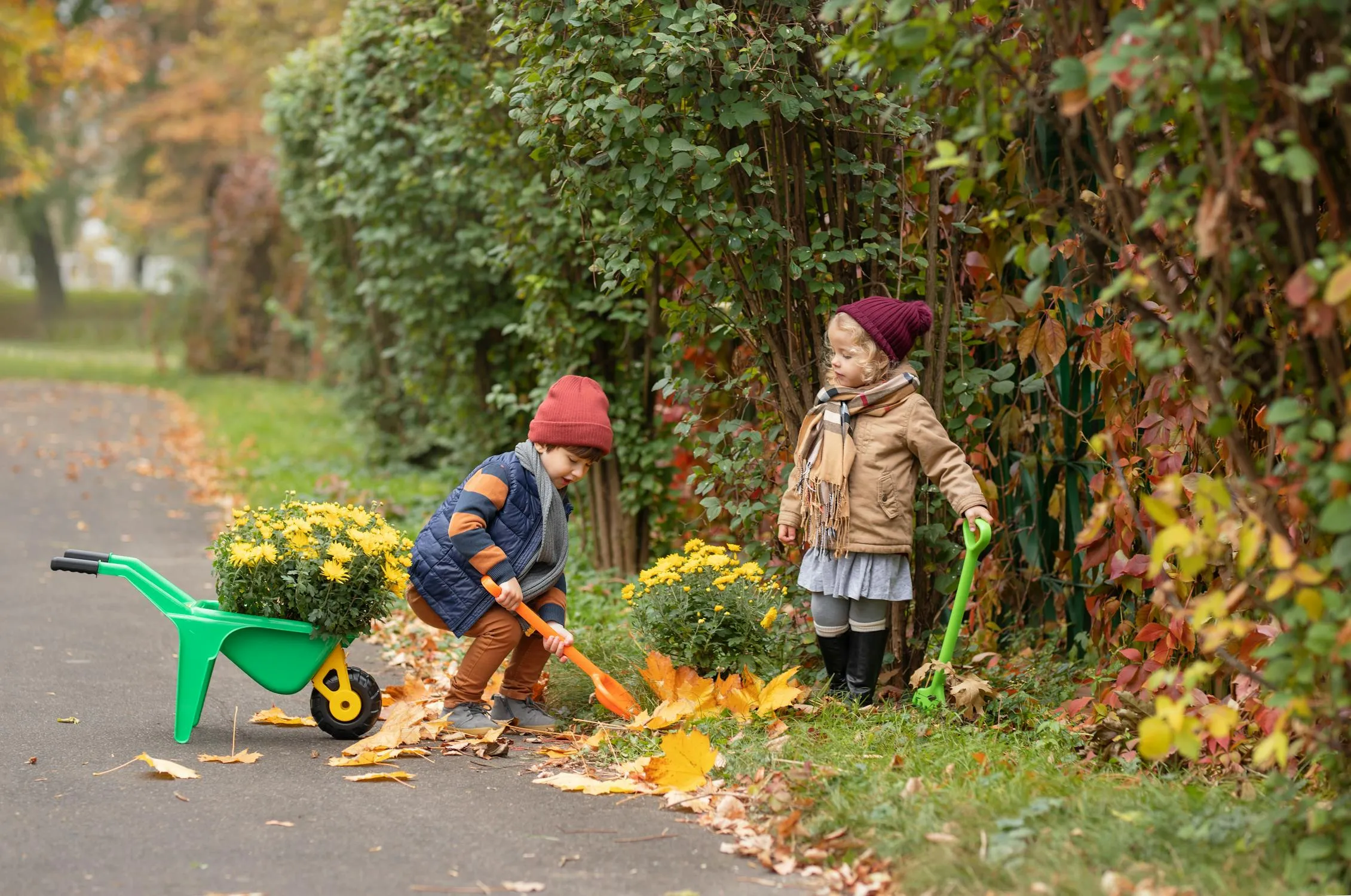 Polesie Toys on Pexels
Polesie Toys on Pexels
Connect your child with nature by planting simple flowers, vegetables, or herbs. This fun-filled activity teaches them about the environment and helps them develop a sense of responsibility in caring for plants.
6. Play with Musical Instruments
 RDNE Stock project on Pexels
RDNE Stock project on Pexels
You could try to learn a new musical instrument together to boost your child’s creativity while learning. Music also helps children improve their memory and language skills.
7. Try Cooking and Baking
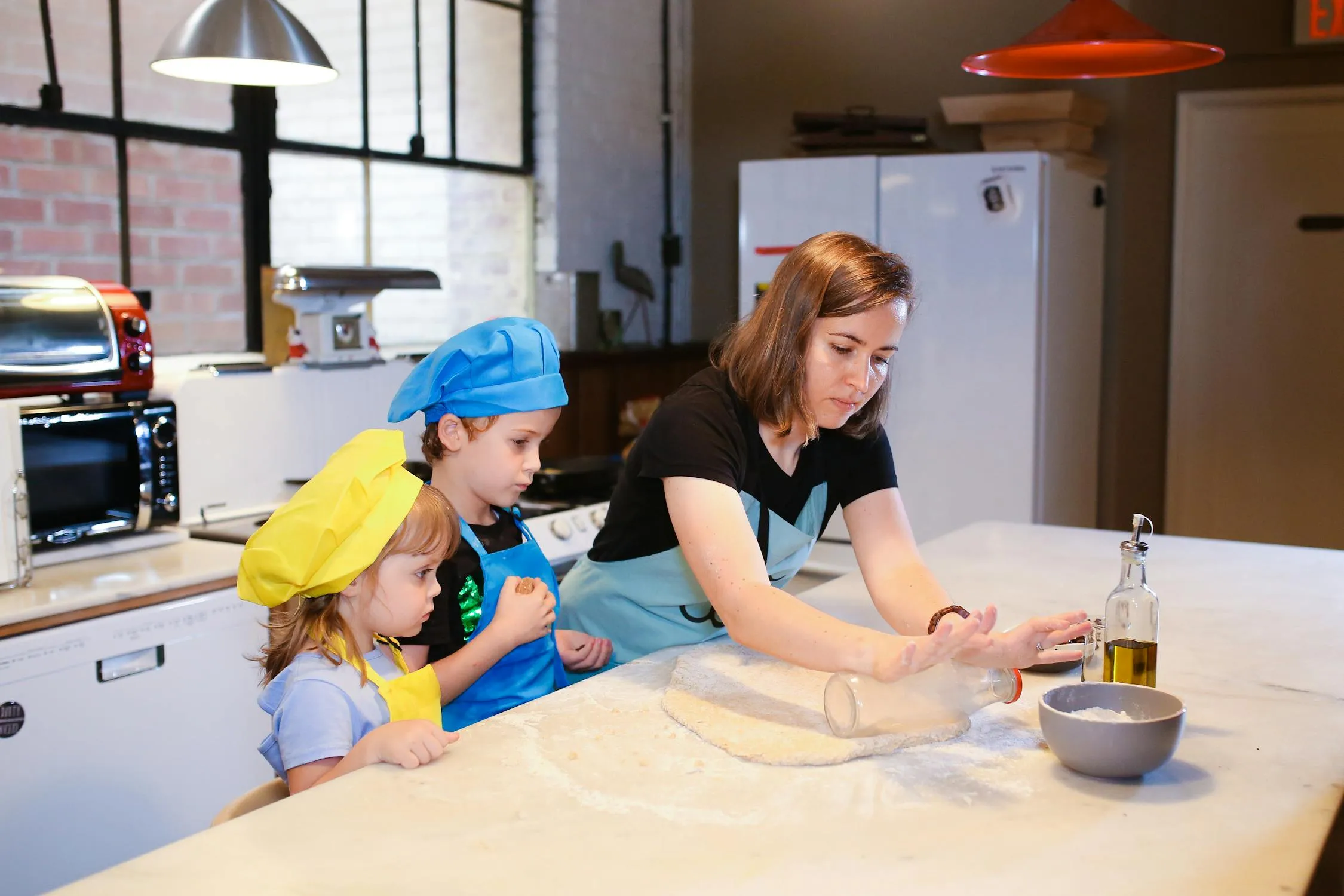 RDNE Stock project on Pexels
RDNE Stock project on Pexels
Cooking and baking are hands-on ways to introduce your child to life skills. It’s a fun way to enjoy a delicious treat while teaching them to follow a recipe, measure ingredients, and manage timing.
8. Go to Educational Trips
 ROMAN ODINTSOV on Pexels
ROMAN ODINTSOV on Pexels
Take your child on an unforgettable educational trip. This will allow them to gain hands-on experience outside the classroom.
9. Storytelling and Role-Playing
 ChurchArt Online on Pexels
ChurchArt Online on Pexels
This is another fun and effective way to unleash your child’s creativity while using their imagination. They can better understand emotions and develop their social skills by taking on different roles.
10. Practice Origami
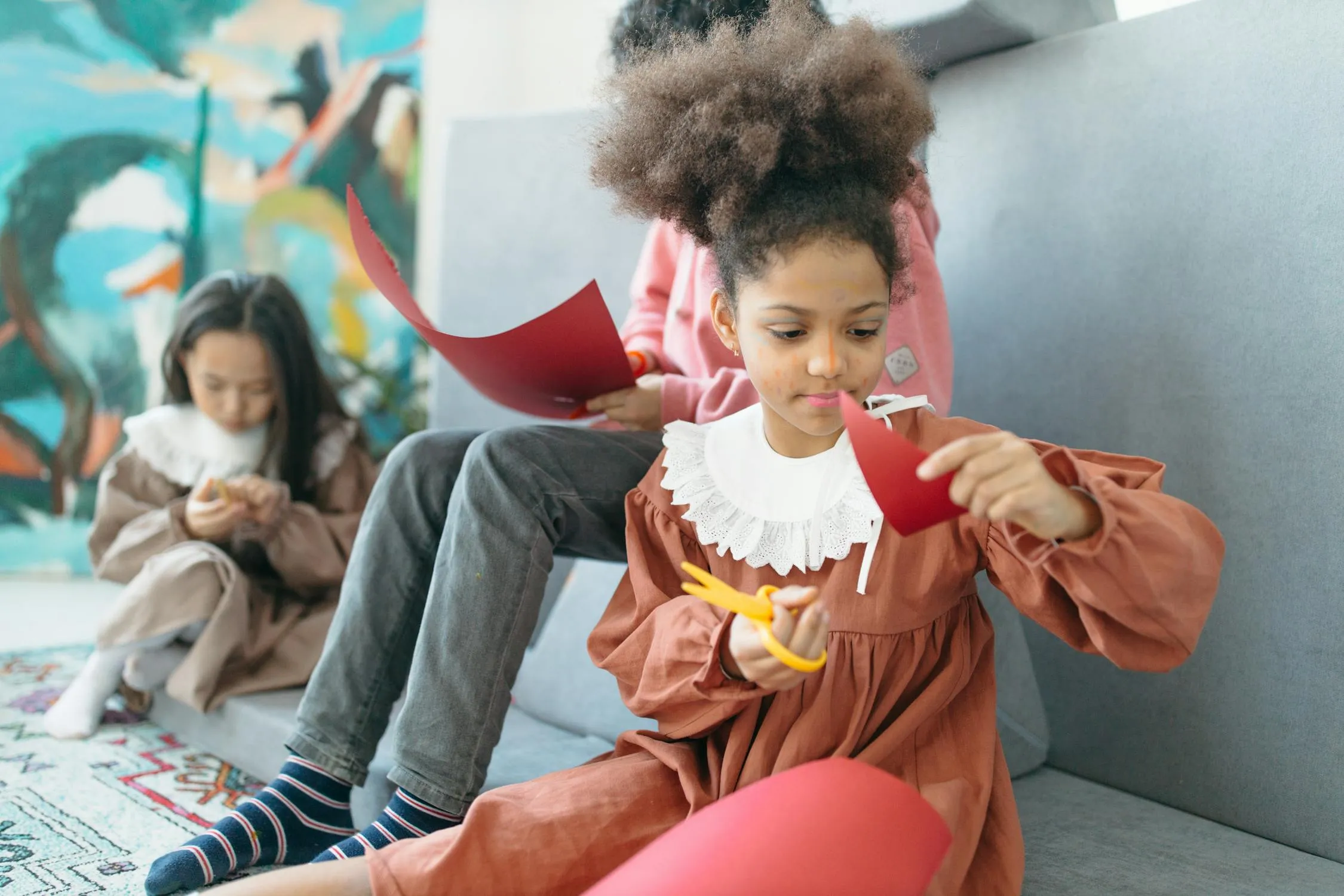 Anastasia Shuraeva
Anastasia Shuraeva
Origami, the Japanese art of paper folding, offers endless creative possibilities. From trying out different shapes and figures to their favorite animals and intricate designs, it’s a fantastic way for your child to develop motor skills and coordination.
11. Play Educational Board Games
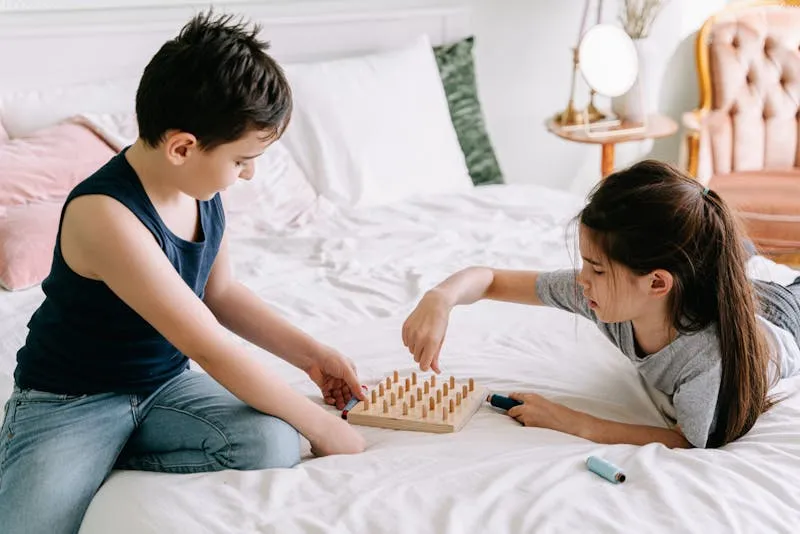 Ivan Samkov on Pexels
Ivan Samkov on Pexels
Games like Scrabble, Monopoly, or trivia-based games help children develop problem-solving skills. They are engaging and can also teach children how to win in life.
12. Go on Scavenger Hunts
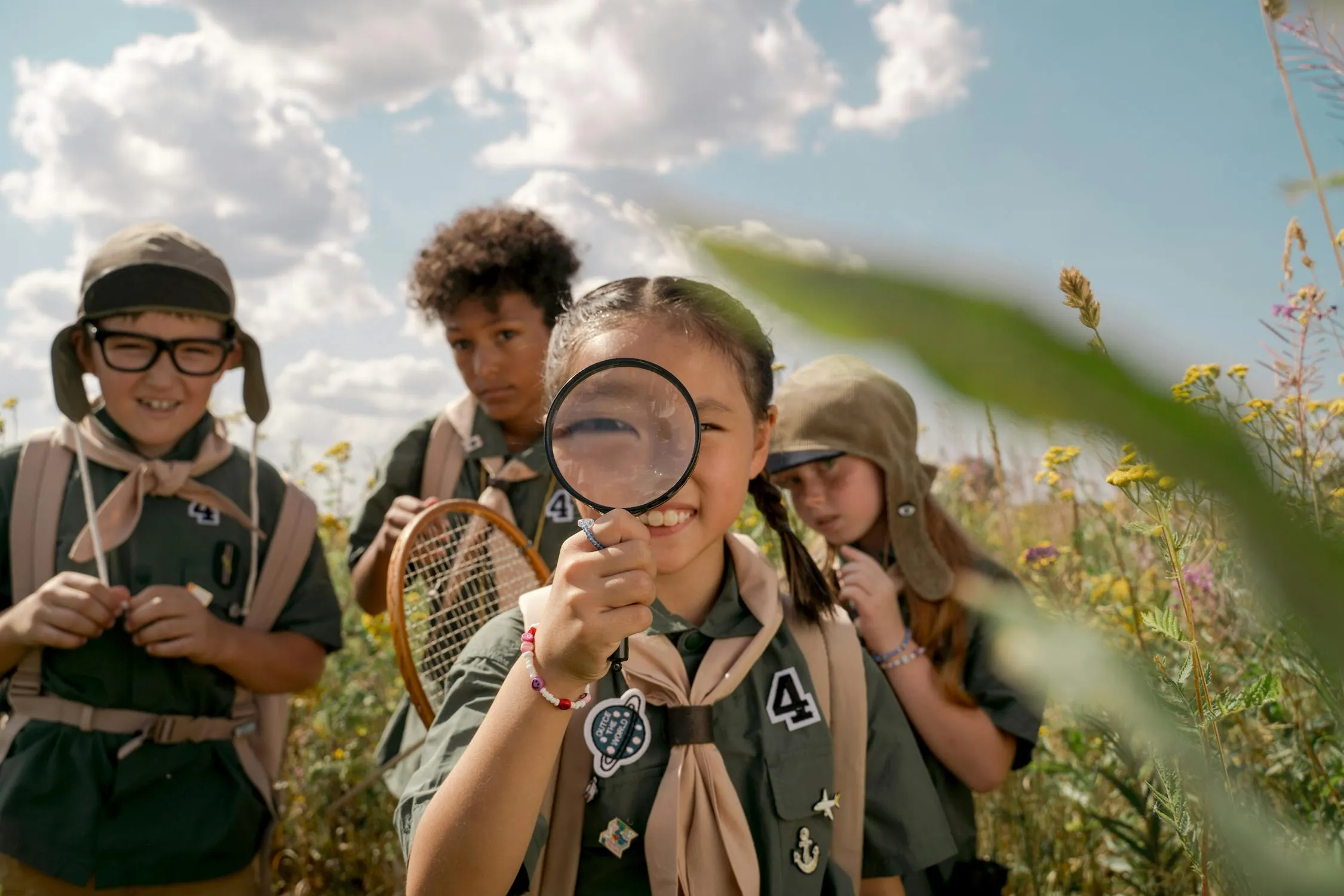 Cottonbro Studio
Cottonbro Studio
Scavenger hunts are an excellent way for children to show their skills while having fun. They teach problem-solving skills and improve memory as they figure out where to search.
13. Have a Picnic
 Ron Lach on Pexels
Ron Lach on Pexels
Enjoy a picnic with your child and let them explore the beauty of nature. This activity teaches them to appreciate everything nature offers and be grateful for life.
14. Bug Hunts
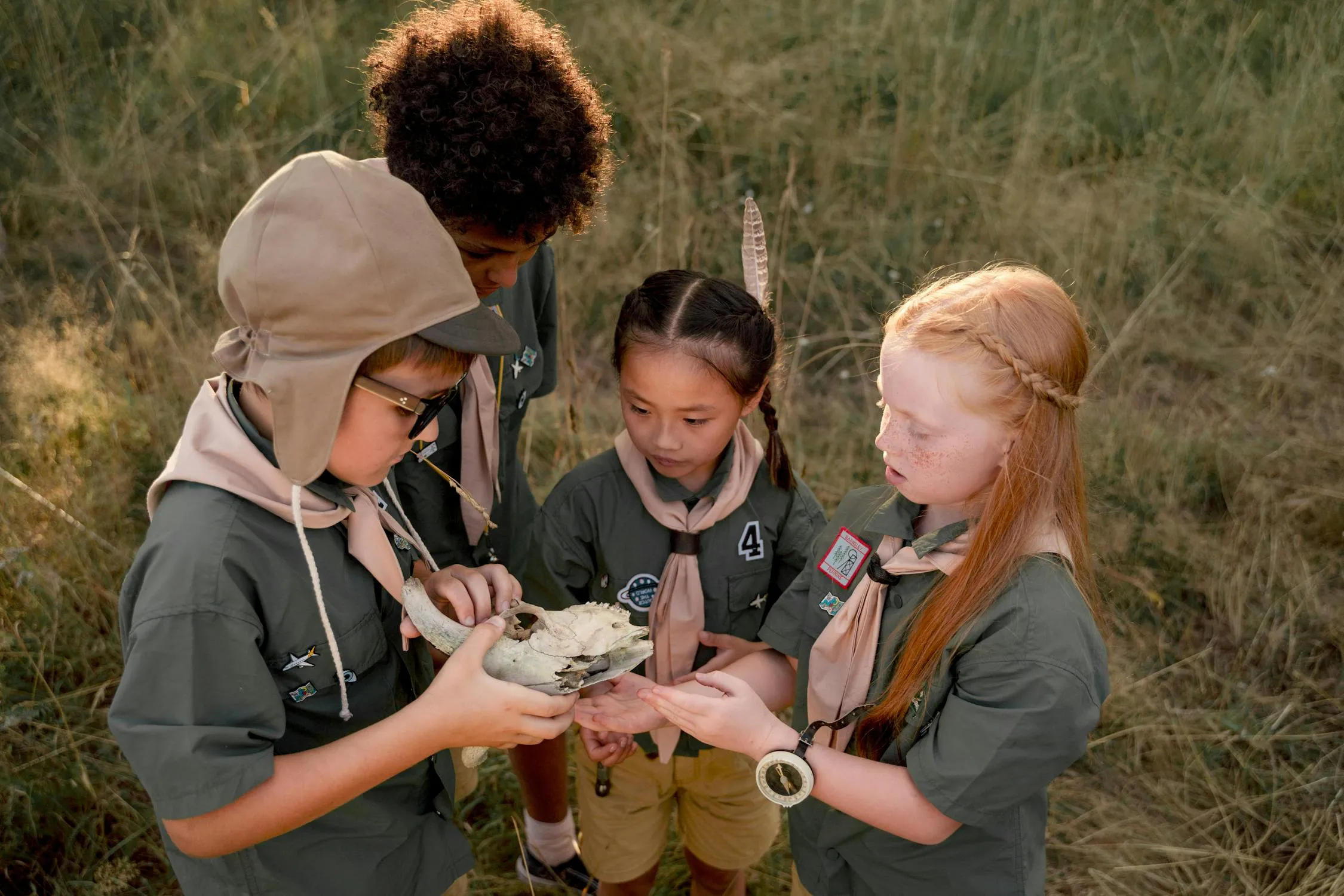 Cottonbro Studio on Pexels
Cottonbro Studio on Pexels
This is a great activity to get your child interested in science. From searching for insects in your yard to discussing their role in the ecosystem, it will encourage them to be more curious and observe their surroundings.
15. Wildlife Watching
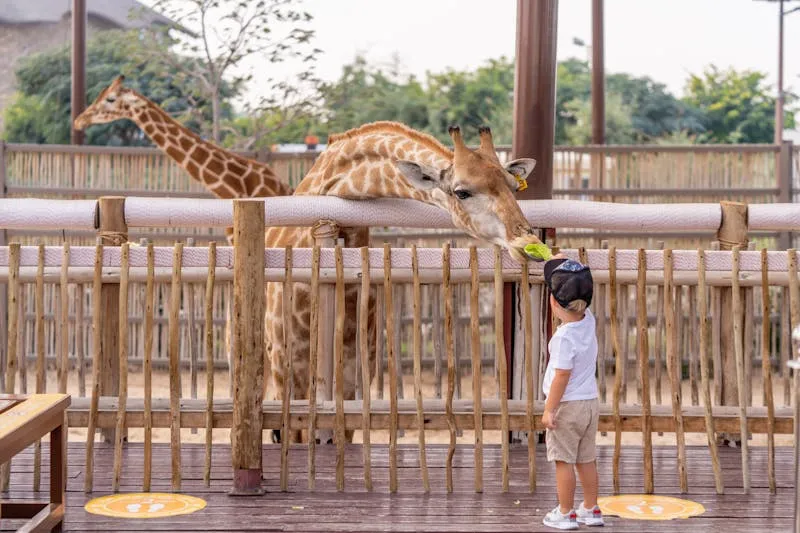 Denys Gromov on Pexels
Denys Gromov on Pexels
This activity helps children develop respect for wildlife while observing animals in their natural habitat. You can go to local parks or forests to look for different species.
16. Stargazing
 Josh Willink on Pexels
Josh Willink on Pexels
Besides exploring the land, stargazing is also a fun and productive way to learn about the night sky. In this activity, expect your child to understand the universe and develop an interest in astronomy.
17. Outdoor Reading
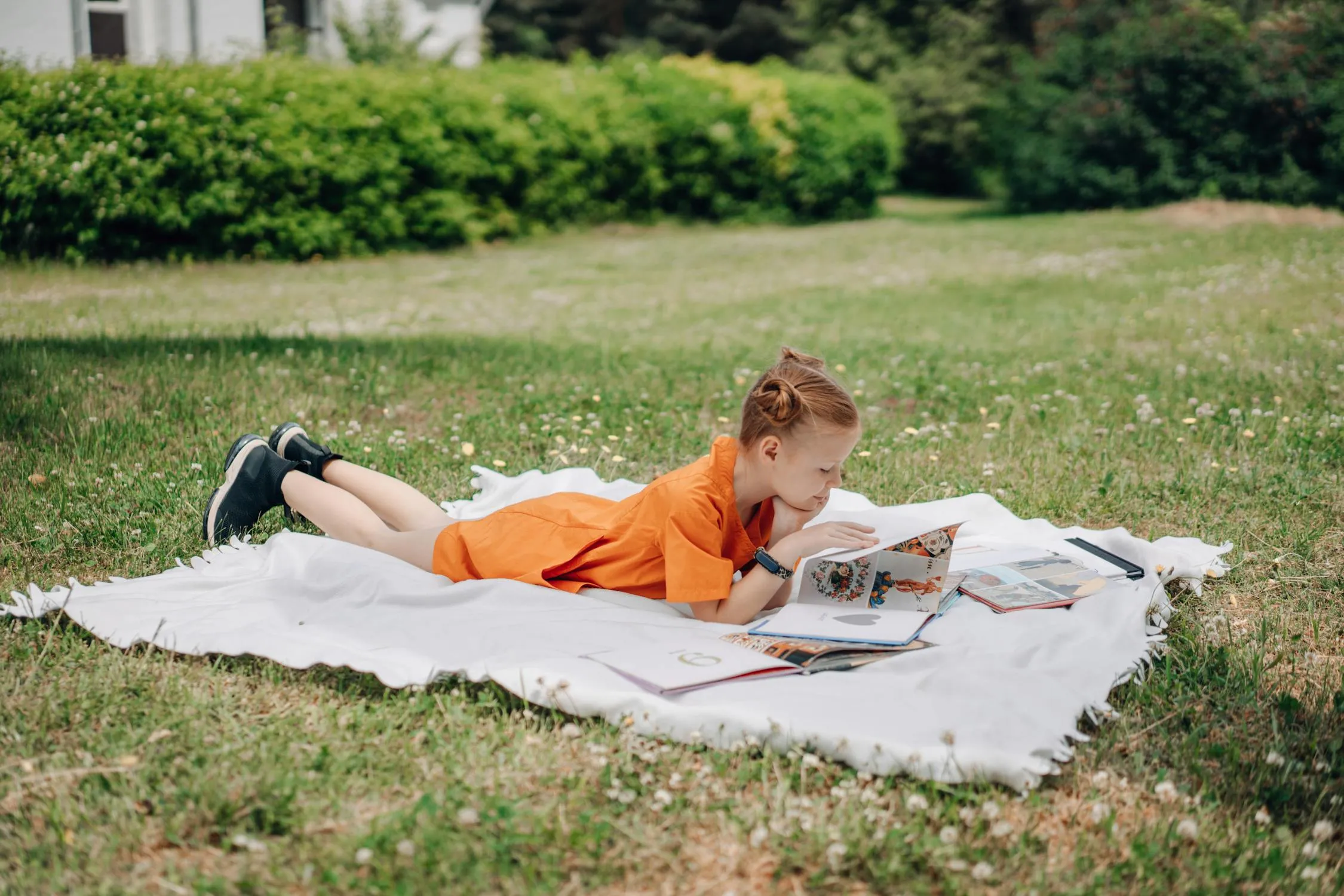 Mikhail Nilov on Pexels
Mikhail Nilov on Pexels
There’s no other go-to family activity than reading a book! Go to a quiet place and bring your child’s favorite books. The fresh air and greeneries make reading a lot more enjoyable.
18. Ride a Bike
 Pavel Danilyuk
Pavel Danilyuk
Riding a bike is as exciting as it sounds; it’s liberating and gives your child freedom and adventure. It’s a fun way to build physical skills and enjoy the environment while being active.
19. Do Volunteer Work
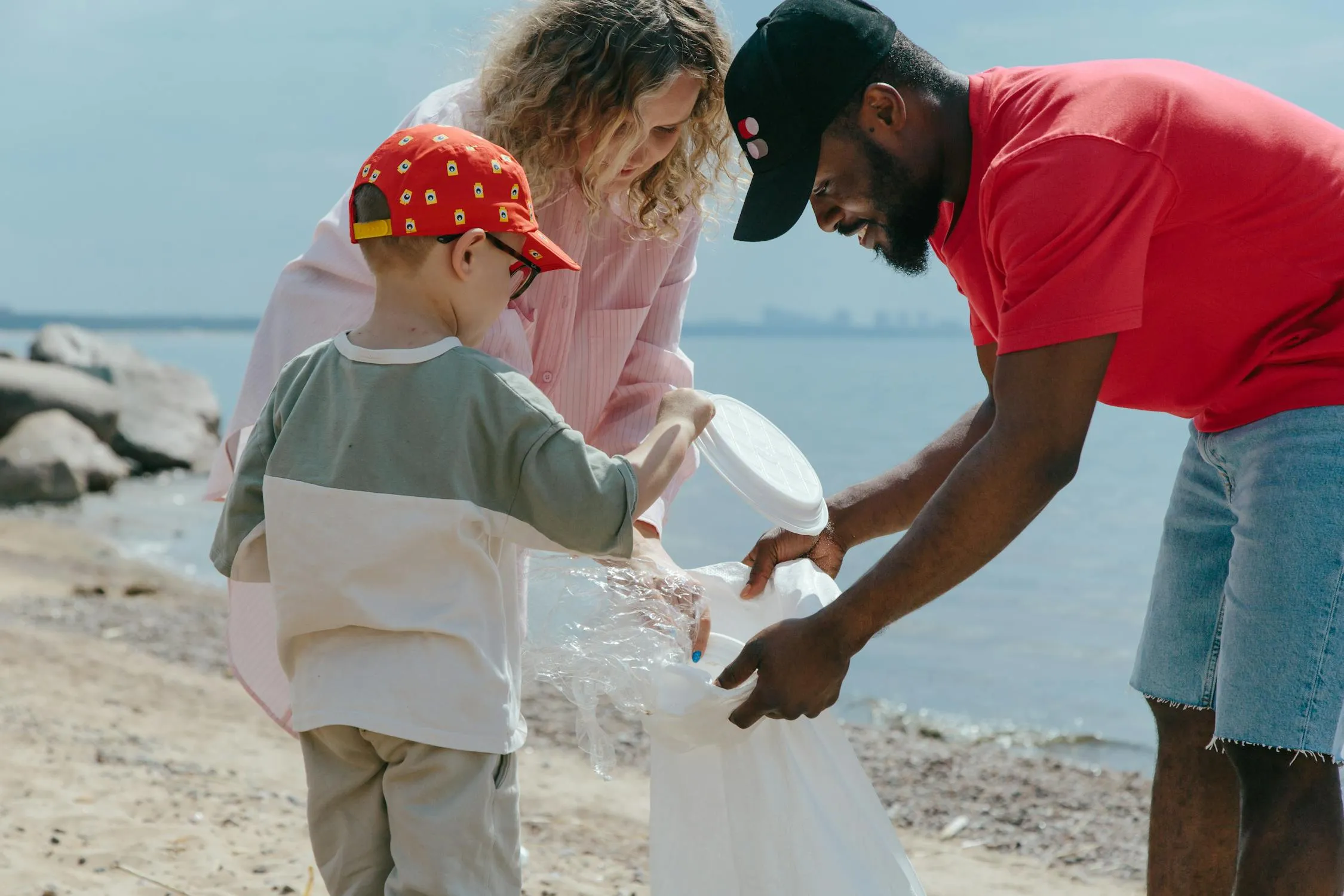 Ron Lach on Pexels
Ron Lach on Pexels
It would be best to teach your child early on to give back to the community. Volunteer work also teaches empathy, responsibility, and kindness.
20. Visit a Local Museum
 Thirdman on Pexels
Thirdman on Pexels
A trip to a museum is always a fun-filled learning adventure. Whether it’s a science museum, art exhibit, or history exhibit, every museum offers learning opportunities for kids of all ages.